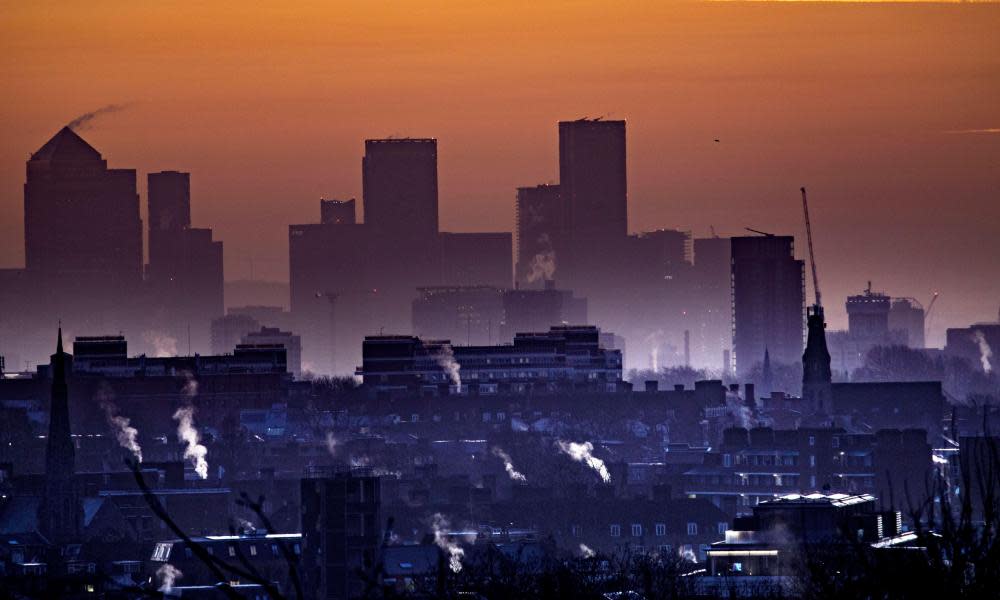Wood burners in effect banned in new and refurbished homes in London

Wood burners have been in effect banned in new and refurbished buildings in London. New planning guidance announced by the mayor sets air pollution limits for home and office developments that would not be met if burners for wood or other solid fuels were installed.
Wood burning in towns and cities is a major contributor of toxic air pollution particles, which have been linked to a wide range of health problems, including heart and lung disease, dementia and mental illness in children. Dirty air causes thousands of early deaths a year in London alone, and 26,000 to 38,000 in England.
The planning guidance, which is now in force across all London boroughs, requires air quality to be considered at every stage of a development. As well as covering new buildings, refurbishments large enough to require planning permission must also conform to the new guidance.
Developers are also being encouraged to meet air quality standards by installing solar panels, electric heat pumps, cycle storage and electric vehicle charging. The guidance also requires an overall increase in biodiversity, with the inclusion of green roofs, new trees and hedges and wildlife-friendly landscaping.
Sadiq Khan, the mayor of London, said: “Toxic air is a matter of life and death, causing around 4,000 premature deaths every year in London, and leading to asthma in the young and dementia in the elderly. I have made it a top priority to tackle London’s air pollution and the climate crisis.”
“Now developers will have to put air quality and carbon emissions at the heart of their projects from the very beginning,” he said. “This will help us to continue building a better, greener London for everyone.”
Related: Revealed: air pollution may be damaging ‘every organ in the body’
The dangers posed by wood burners in urban areas have become increasingly clear in recent years. Wood burners emit more particle pollution than traffic in the UK, according to government data, and this results in almost £1bn in health costs a year. Wood burning is responsible for nearly half the cancer risk caused by urban air pollution.
Even government approved “eco” wood burners produce 450 times more pollution than gas heating, according to a report by the chief medical officer for England. Small particle pollution was the most dangerous to health and that produced by wood burning increased by more than a third from 2010 to 2020, the report said, adding that the vast majority of the 1.5m households that burn wood did so for aesthetic reasons.
The government recently encouraged councils to use their powers to issue householders with £300 on-the-spot fines for flouting air pollution rules by burning logs at home. However, English councils have issued only 17 fines over six years, despite more than 18,000 complaints, as it is difficult and expensive to prove guilt.
Tim Dexter, the clean air policy manager at Asthma + Lung UK, said: “The impact of wood burners on air pollution levels is a big concern. We’re calling on the government to provide the public with more education about the risks posed by air pollution, including the dangers of domestic wood burning and information on cleaner and affordable alternatives. We are encouraging people to not use wood burners.”
In January, Khan promised to press ahead with plans to expand the ultra-low emission zone (Ulez) for vehicles to the Greater London boundary in August. Older, polluting vehicles entering the Ulez must pay a £12.50 a day charge.
The expansion is expected to affect about 15% of the cars in outer London and a £110m scrappage scheme will help drivers replace polluting vehicles. However, some borough councils are opposed to the move and four have threatened legal action.

 Yahoo Movies
Yahoo Movies 
